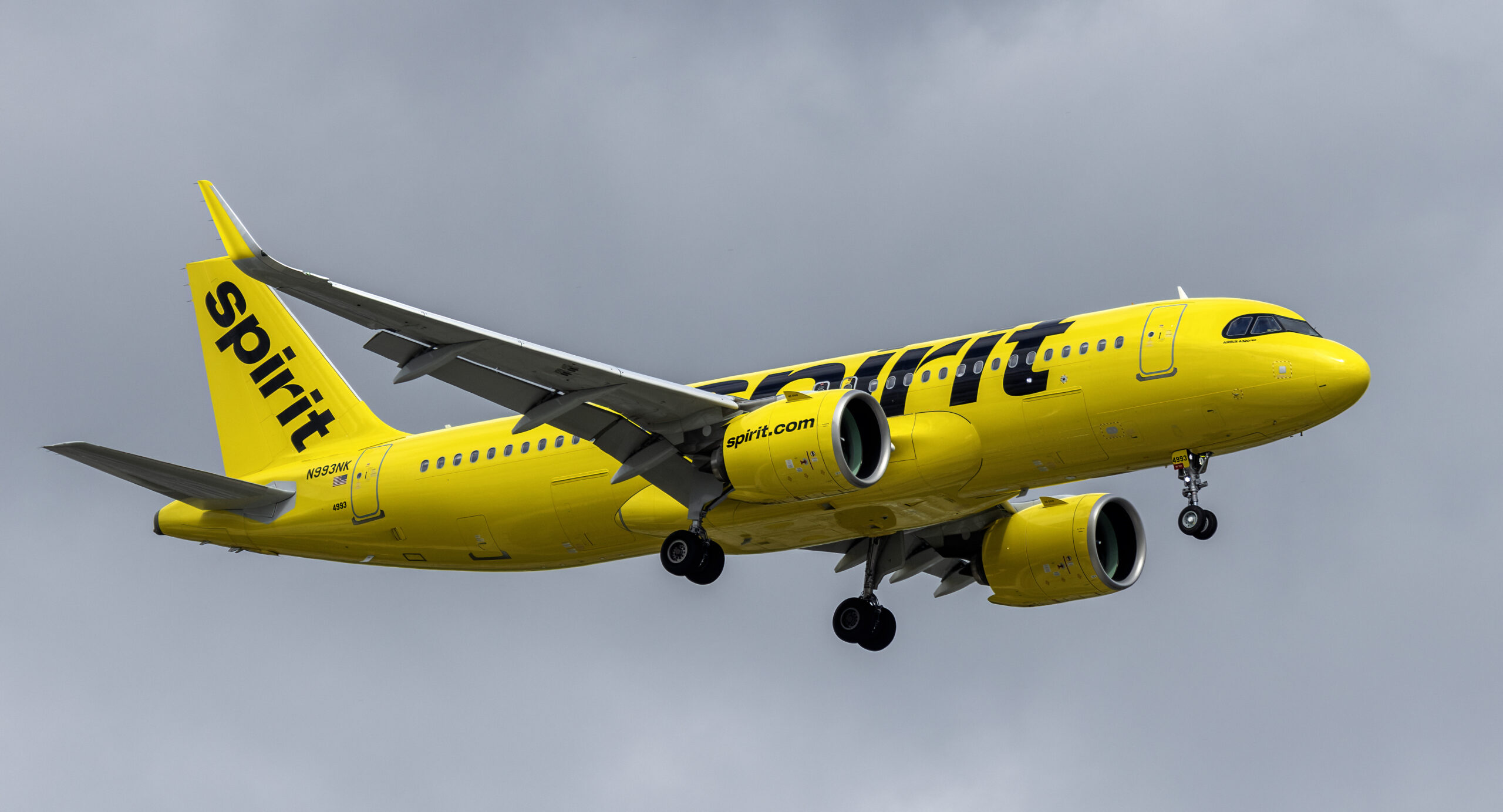
Spirit Airlines is making “massive progress” in its effort to revitalize the airline, according to its restructuring lawyer, Marshall Huebner. The struggling budget carrier has reached an agreement with some of its debtholders for up to $475 million in debtor-in-possession financing, which is a crucial lifeline that allows bankrupt companies to continue operating. The airline also secured an additional $150 million from a major aircraft lessor, AerCap. These agreements are subject to court approval.
Spirit filed for its second Chapter 11 bankruptcy protection in less than a year after facing high costs, weaker demand, and a host of other lingering problems that resulted in more than $250 million in losses between March and June. Huebner, a partner at Davis Polk & Wardwell, said in U.S. Bankruptcy Court that those who are pessimistic about the carrier’s turnaround prospects should “say less” and observe what it is doing. On Tuesday, Spirit was granted a motion to use cash collateral, giving it immediate access to $120 million in liquidity.
A Plan for Restructuring and Cost-Cutting
As part of its restructuring, Spirit is racing to slash costs. The company recently announced plans to cut 40 routes and furlough about one-third of its flight attendants. The airline is also in talks with its pilots’ union and is seeking about $100 million in cuts from that group. Spirit is planning to reject leases on 27 Airbus narrow-body aircraft from AerCap, 25 of which are grounded or will be grounded for inspection due to a Pratt & Whitney engine defect. AerCap will pay Spirit $150 million as part of the agreement, under which Spirit still plans to take delivery of 30 more airplanes. The court has also approved Spirit’s plan to reject 12 airport leases and 19 ground handling agreements.
Spirit CEO Dave Davis said in a news release that these are “significant steps forward in a short period of time to build a stronger Spirit and secure a future with high-value travel options for American consumers.” He added, “While there’s more work to be done, we’re grateful to our stakeholders who have stepped up to support us during the restructuring.”
Competitors Watch as Spirit Fights for Survival
Spirit has struggled for years with an engine recall, a failed acquisition by JetBlue, higher costs, and a shift in consumer tastes toward more upmarket offerings. In response, the Florida-based airline has altered its business strategy in recent months to offer higher-end products. While its competitors—United Airlines, Frontier Airlines, JetBlue Airways, and Allegiant Airlines—have all announced new routes in hopes of capturing Spirit’s customers, United CEO Scott Kirby went a step further, saying he expects Spirit to “go out of business.” Another hearing for the financing is scheduled for October 10.
Author Thinks
Spirit’s aggressive restructuring, while a necessary step for survival, is a high-stakes gamble in a brutally competitive industry. While the company’s new funding is a crucial lifeline, it is entering a new phase of its existence as a leaner, more focused airline. The competition is not waiting for a full recovery, and the willingness of rival CEOs to publicly state that Spirit will fail shows the kind of pressure the airline is under. This fight is not just about a company’s survival; it’s about the future of the budget airline market and whether there is still a place for an ultra-low-cost carrier in an environment of shifting consumer preferences and rising operational costs.
Featured image credit: Wikimedia Commons
For more stories like it, click the +Follow button at the top of this page to follow us.
